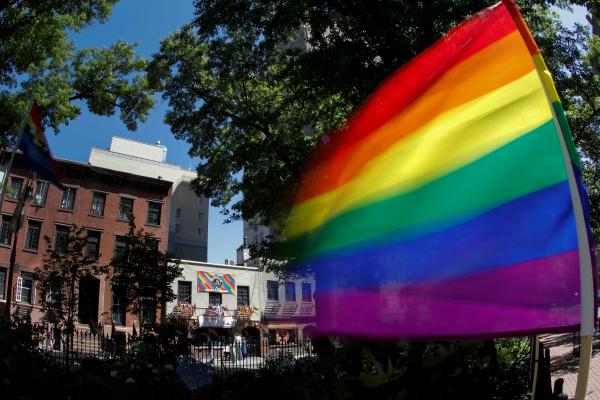Jul 16, 2020
“We know that the more places where a young trans person can show up in the world as their whole self, the better,” said Hartke. “So why not make church one of those places? Can we imagine a world where the church is the most supportive place in a trans person's life, rather than the place they fear the most?”
Read the Full Article

Already a subscriber? Login
